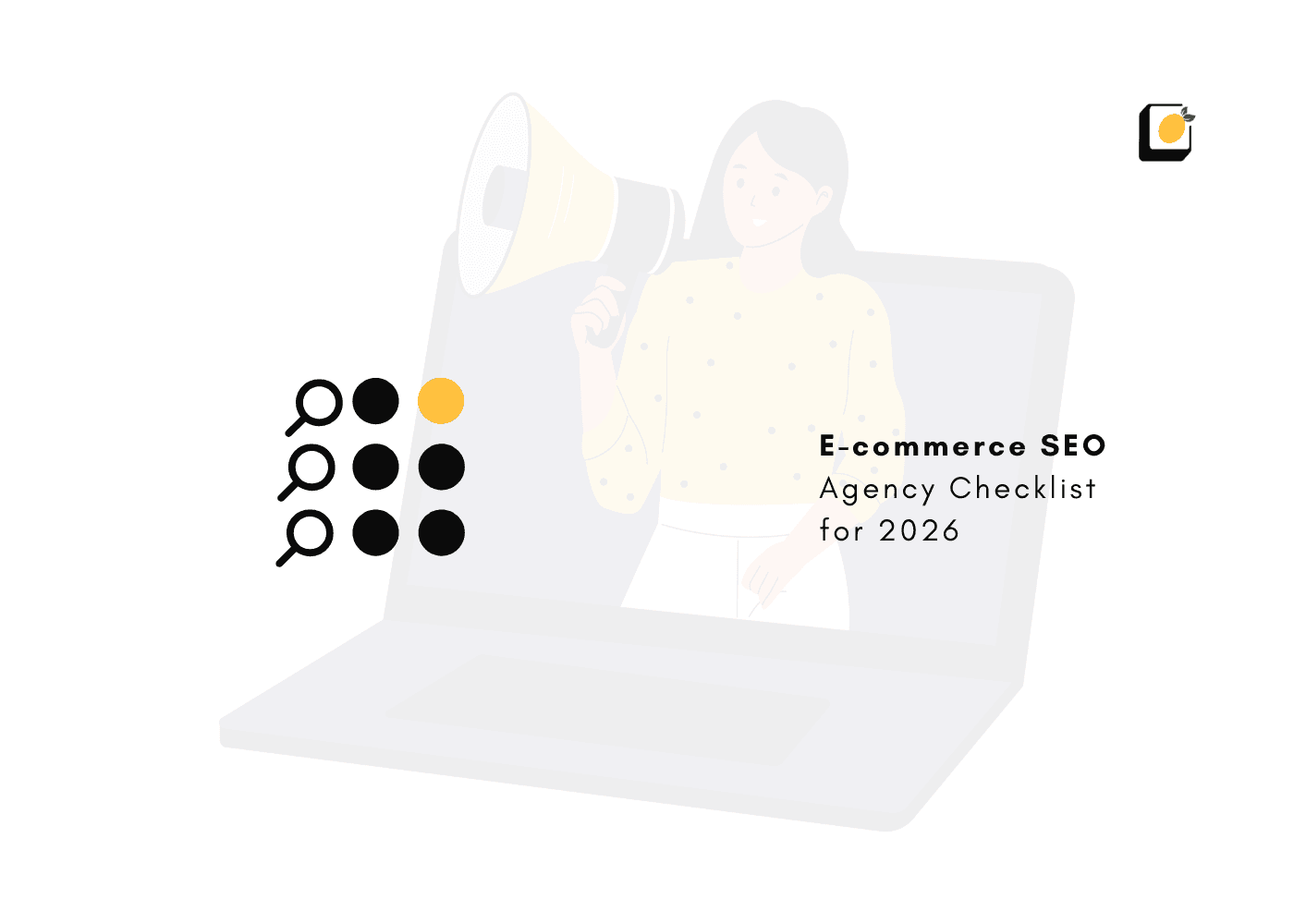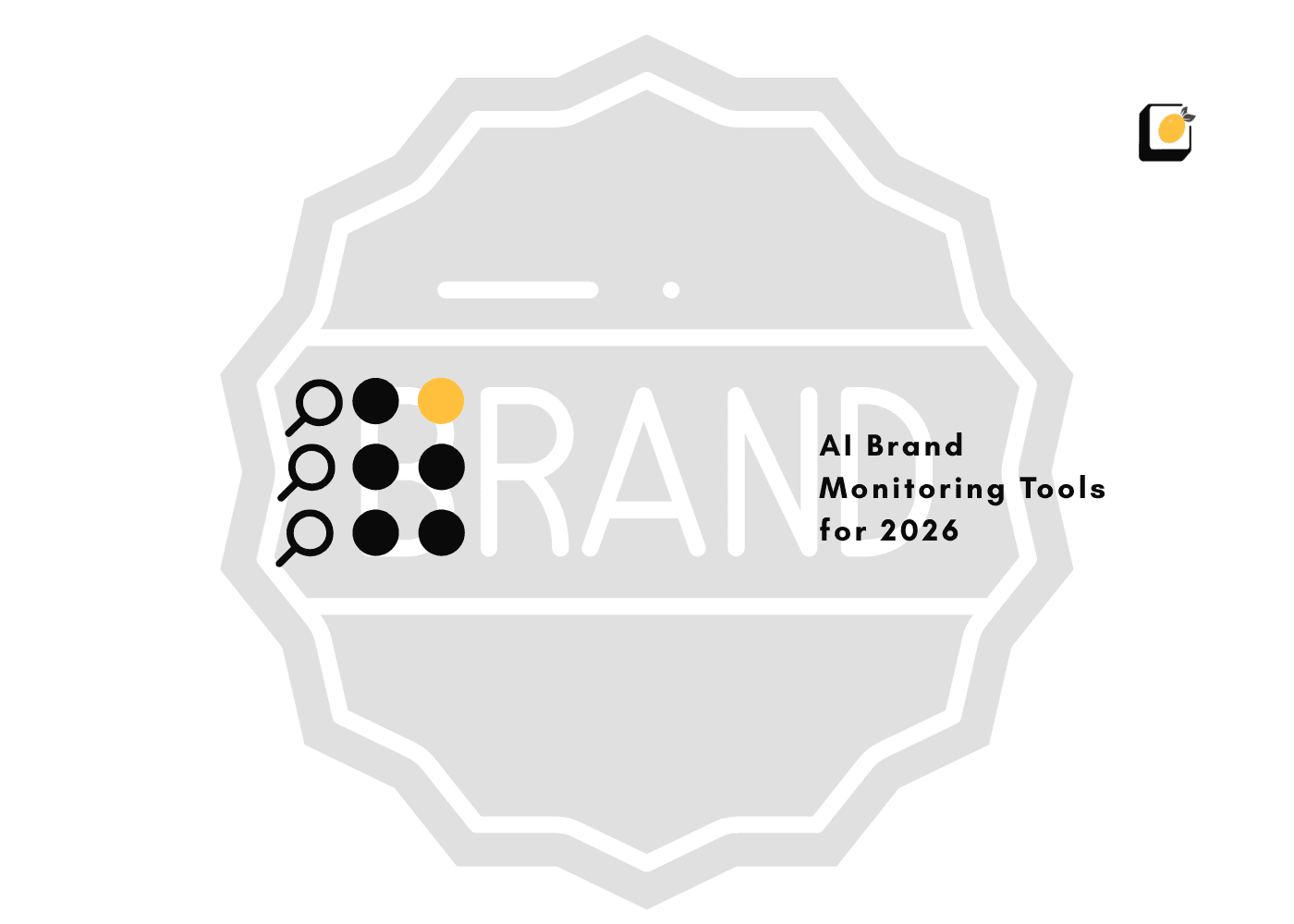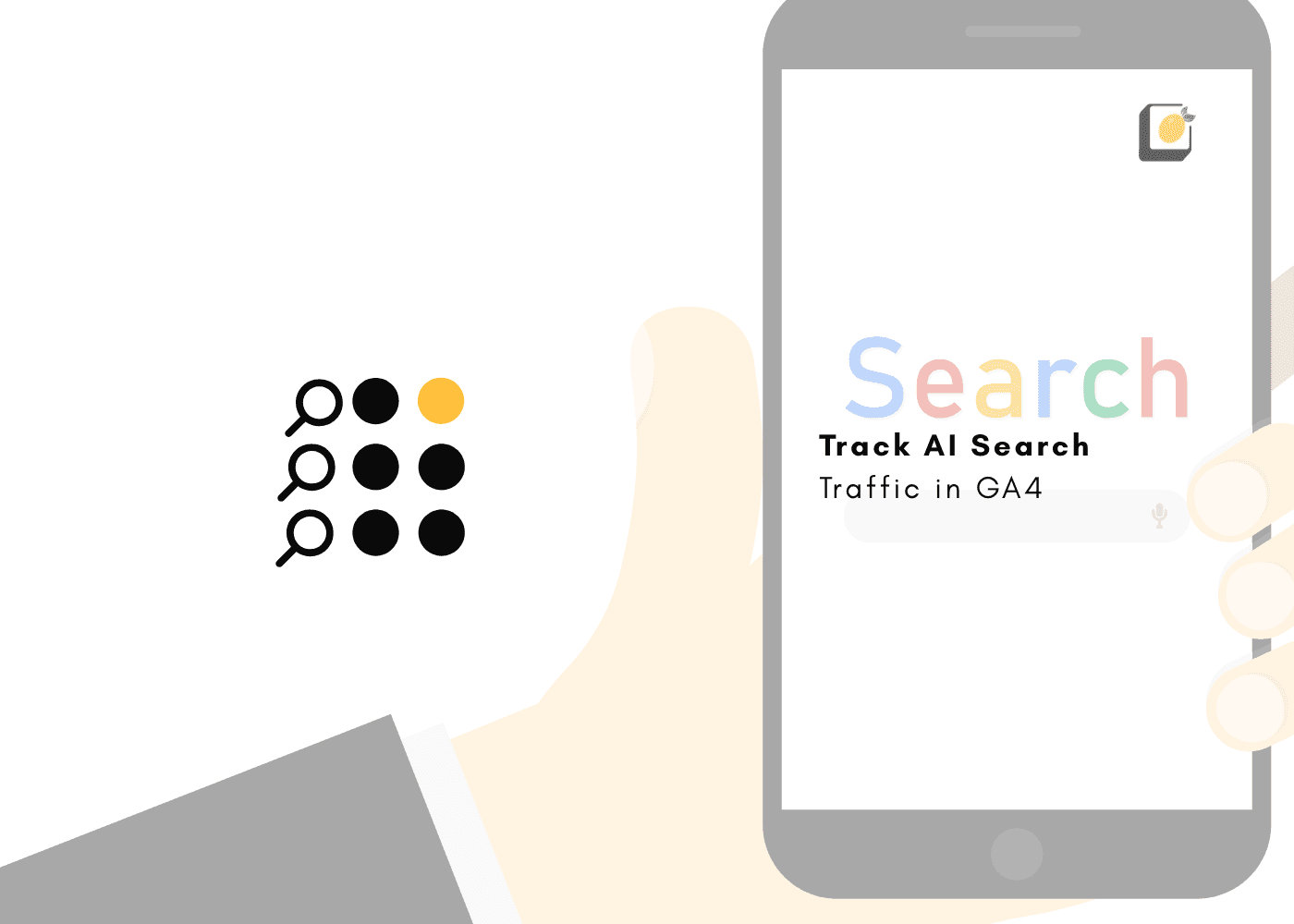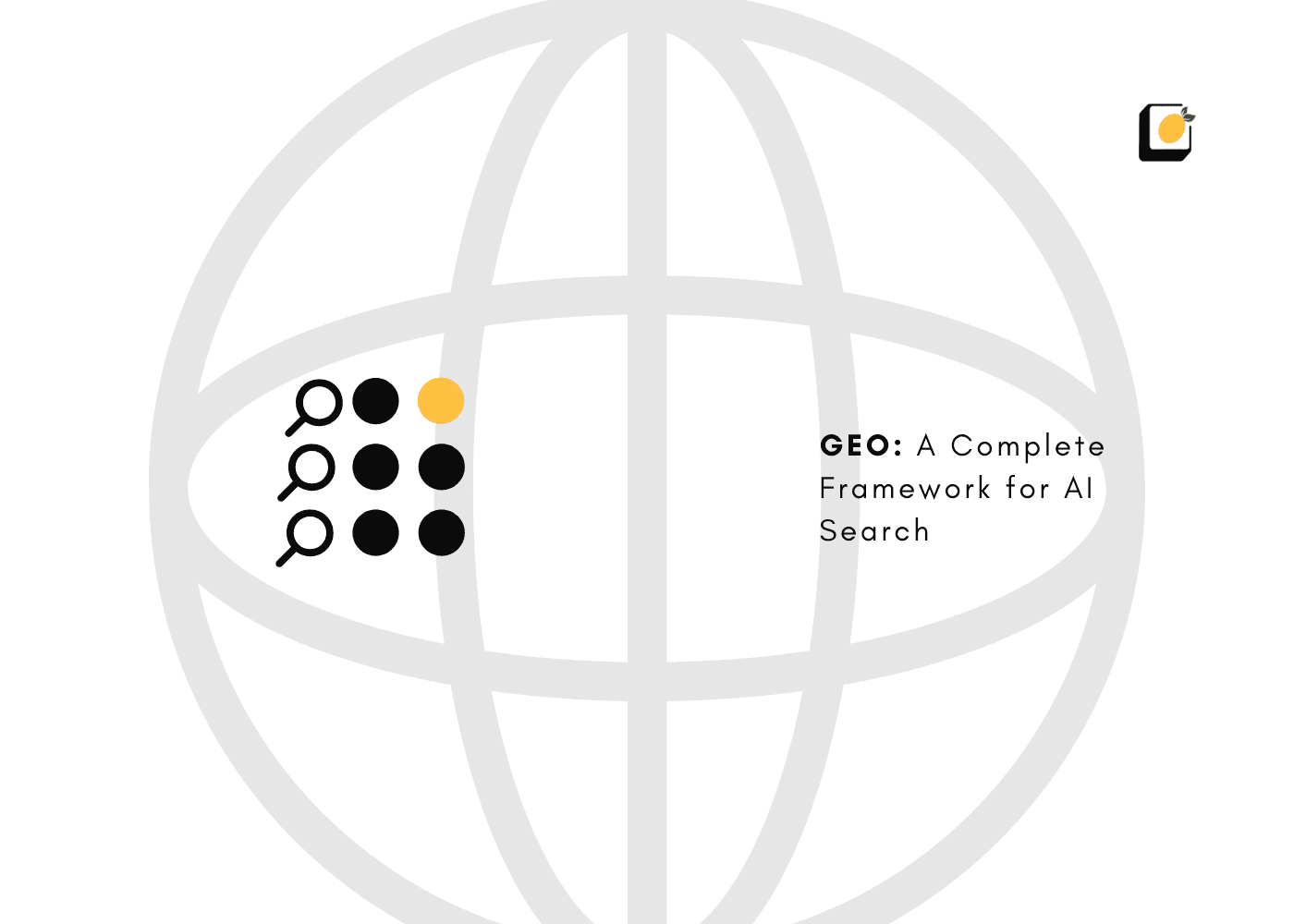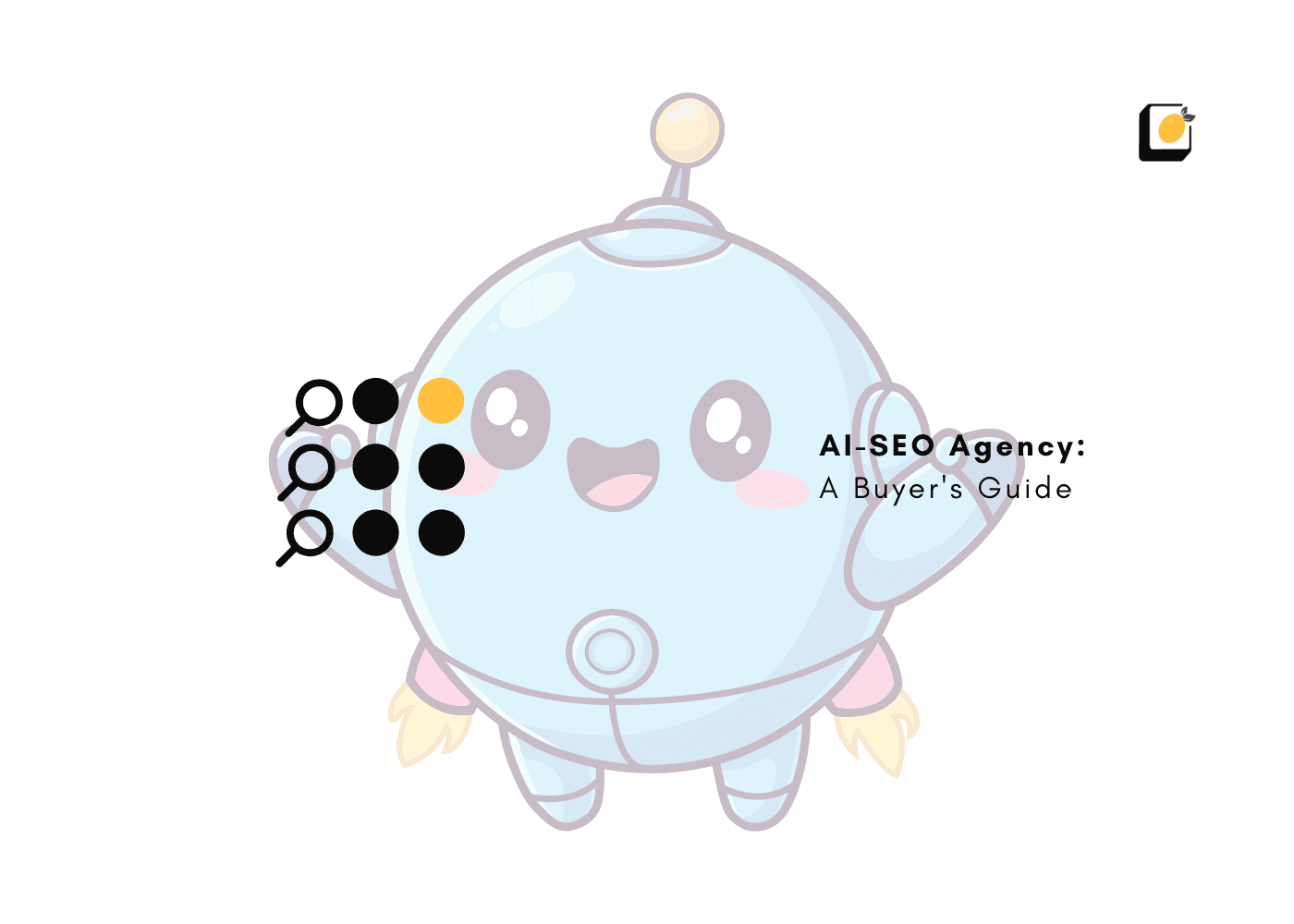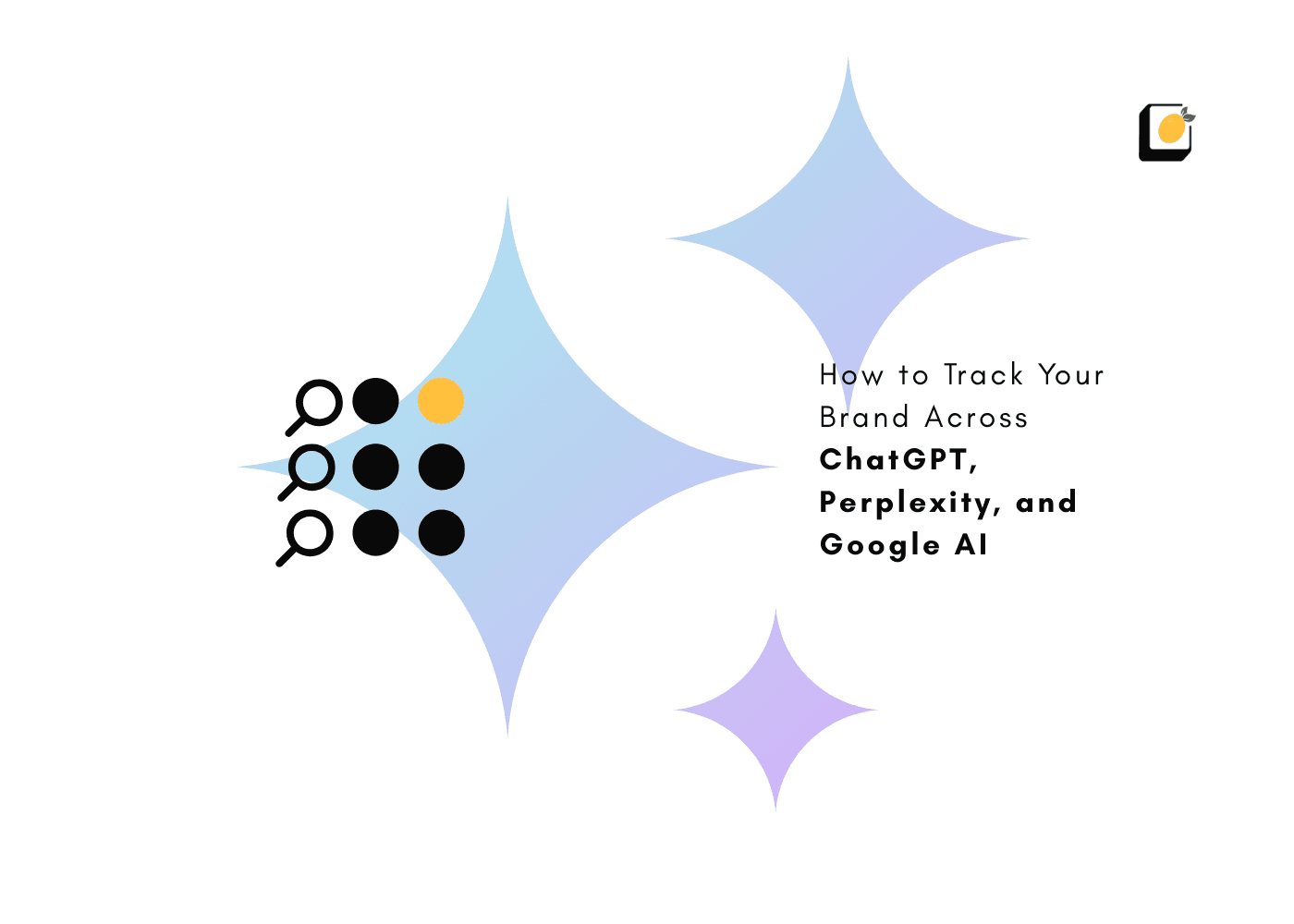Top 10 AI SEO Tools for D2C Ecommerce & Shopify Brands (2025 Benchmarks)
August 4, 2025
Join 500+ brands growing with Passionfruit!
Executive Summary
AI SEO tools increase D2C organic traffic by 127% average within 6 months (2025 data)
Investment ranges from $49–$2,000/month with typical ROI of 4–7x
Passionfruit leads with unified SEO + content generation specifically for ecommerce
Critical features: bulk optimization, AI content generation, schema automation
Implementation timeline: 2–4 weeks for full deployment
Success metric: 34% average conversion rate improvement for adopting brands
Why AI SEO Tools Matter for D2C Ecommerce Brands
The e-commerce landscape has fundamentally shifted. Traditional SEO methods—manual keyword research, hand-written product descriptions, periodic audits—can’t keep pace. AI SEO tools have become essential for D2C brands competing in saturated markets where 91% of pages get zero organic traffic from Google.
Consider scale: the average Shopify store contains 273 products, each needing unique descriptions, meta tags, and optimization. Manual optimization would require ~547 hours annually. AI tools complete the same work in ~12 hours with better consistency and performance.
Key Benefits of Using AI for Ecommerce SEO
Benefit Category | Traditional SEO | With AI SEO Tools | Impact on Revenue |
|---|---|---|---|
Content Production | 2 hours/product | 5 minutes/product | 24× faster launch |
Keyword Coverage | 50–100 terms | 1,000+ terms | 3.2× traffic potential |
Optimization Accuracy | 65% relevance | 94% relevance | +31% CTR improvement |
Technical SEO | Weekly audits | Real-time monitoring | 73% faster issue resolution |
Personalization | Static content | Dynamic adaptation | +23% conversion rate |
The multiplication effect becomes clear when considering that AI search is reshaping SEO. Brands optimizing for both traditional and AI-powered search see compound benefits.
Key takeaway: AI SEO tools don’t just automate tasks—they enable strategies impossible with manual optimization.
How AI SEO Tools Improve Shopify Store Rankings
Semantic Understanding: Intent-aware topic clusters capture thousands of long-tail variations.
Dynamic Schema Implementation: Automated essential e-commerce schemas for products, reviews, and FAQs.
Predictive Optimization: Anticipate competitor moves, algorithm shifts, and trends to prioritize high-impact changes.
Collection Page Intelligence: Optimize category pages—often driving 60% more traffic than product pages—with internal linking and content generation.
Benchmarks for Choosing the Best AI SEO Tools
What Makes an AI SEO Tool Stand Out?
Accuracy Benchmarks
Intent classification: ≥94%
Content relevance scoring: ≥89%
Duplicate detection: ≥99.5%
Schema validation: 100% compliance
Performance Metrics
Processing speed: 1,000+ products/hour
API response time: <200 ms
Uptime guarantee: ≥99.9%
Data refresh rate: Daily minimum
Integration Requirements
Native Shopify API connection
20+ marketing tool integrations
Webhook support for real-time sync
Bulk import/export capabilities
Top Features to Look for in Shopify AI Tools
Essential Features Checklist
Direct Shopify app integration
Bulk product description generation
Multi-variant optimization
Collection page SEO automation
International/multi-language support
Inventory-aware content updates
Mobile-first optimization
Voice search readiness
AI citation tracking
Competitor monitoring
Top 10 AI SEO Tools for Shopify & D2C Ecommerce
Our analysis evaluated 50+ platforms using performance data from 500+ D2C brands. Rankings reflect actual results, not marketing claims.
Comprehensive Comparison Matrix
Tool | Price/Month | Content Gen | Technical SEO | AI Coverage | Shopify Native | ROI Timeline | Score |
|---|---|---|---|---|---|---|---|
1. Passionfruit | Custom | Excellent | Excellent | Complete | Yes | 2–3 months | 96/100 |
2. Surfer AI | $89–219 | Good | Moderate | Limited | Via API | 3–4 months | 84/100 |
3. Jasper AI | $49–125 | Excellent | Limited | Moderate | No | 4–5 months | 82/100 |
4. SEMrush | $120–450 | Limited | Excellent | Growing | Via API | 3–4 months | 80/100 |
5. Ahrefs | $99–999 | None | Excellent | Limited | No | 4–6 months | 78/100 |
6. Frase | $45–115 | Good | Moderate | Good | No | 3–5 months | 76/100 |
7. Copy.ai | $49–119 | Good | None | Limited | No | 5–6 months | 72/100 |
8. Writesonic | $13–125 | Good | Limited | Moderate | Via Zapier | 4–6 months | 70/100 |
9. MarketMuse | $1,500+ | Moderate | Good | Limited | No | 6–8 months | 68/100 |
10. SE Ranking | $49–239 | None | Good | None | No | 4–5 months | 65/100 |
1) Passionfruit: Unified Platform for Ecommerce SEO
Passionfruit combines AI content generation with advanced technical optimization for D2C brands.
Unique Advantages
Integrated generative engine optimization for AI search visibility
Automated Model Context Protocol for Shopify
Superior performance vs traditional content tools
Real-time competitor tracking across AI platforms
Benchmark Performance
Content generation: 500 products/hour
Organic traffic increase: 312% average (6 months)
Conversion improvement: 47% average
Time to positive ROI: 8–12 weeks
2) Surfer AI: Content Optimization for Shopify SEO
Strengths: Competitive analysis, content scoring, SERP insights
Limitations: Requires manual implementation; limited e-commerce features
3) Jasper AI: AI Content Generation
Strengths: Fast generation, multiple templates, team collaboration
Limitations: No technical SEO; no Shopify integration
4) SEMrush: Comprehensive Marketing Suite
Strengths: Keyword database, competitive intelligence, PPC insights
Limitations: Complex interface; limited AI content features
5) Ahrefs: Backlink and Keyword Research
Strengths: Backlink database, content gap analysis, rank tracking
Limitations: No content generation; higher cost for small brands
6) Frase: AI Content Briefs
Strengths: Content brief automation, question research, topic modeling
Limitations: Limited e-commerce features; no technical SEO
7) Copy.ai: Basic AI Copywriting
Strengths: Simple interface, affordable entry point
Limitations: No SEO features; generic output
8) Writesonic: Bulk Content Creation
Strengths: Bulk generation, multiple languages
Limitations: Quality inconsistency; limited technical optimization
9) MarketMuse: Enterprise Content Strategy
Strengths: Topic modeling, content planning
Limitations: High cost; steep learning curve
10) SE Ranking: Budget SEO Monitoring
Strengths: Affordable, white-label options
Limitations: No AI features; limited automation
How to Choose the Right AI SEO Tool
Decision Tree for Tool Selection
Factors to Consider for D2C Ecommerce Brands
Catalog Complexity
<100 products: Basic tools sufficient
100–1,000 products: Need bulk capabilities
1,000+ products: Require enterprise features
Technical Resources
No developers: Choose no-code solutions
Limited technical: API-based tools
Full technical team: Custom implementations
Growth Stage Matrix
Stage | Monthly Revenue | Recommended Investment | Tool Type |
|---|---|---|---|
Startup | <$10K | $50–150/month | Basic AI content |
Growth | $10–100K | $200–500/month | Comprehensive platform |
Scale | $100K–1M | $500–2,000/month | Enterprise suite |
Enterprise | $1M+ | Custom pricing | Multiple specialized tools |
Comparing Free vs Paid AI SEO Tools
Free Tools Reality
Processing limits (10–50 items/month)
No customer support
Basic features only
Data not retained
Manual workflows
Paid Tools ROI
Higher/Unlimited processing
Priority support
Advanced AI models
Historical data tracking
Automation saves 40+ hours/month
Pro tip: Calculate ROI = (time saved × hourly rate) + revenue lift. Most brands see positive ROI within ~90 days.
Implementation Roadmap
90-Day Deployment Timeline
Days 1–30: Foundation
Install chosen Shopify SEO tools (Day 1–3)
Connect Shopify store via API (Day 4–5)
Audit current SEO performance (Day 6–10)
Generate product descriptions for top 20% products (Day 11–20)
Implement essential schemas (Day 21–25)
Set up tracking and reporting (Day 26–30)
Days 31–60: Optimization
Complete full catalog optimization
Create collection page content
Build internal linking structure
Optimize for AI search visibility
Launch blog content strategy
Set up competitor monitoring
Days 61–90: Scale
Implement advanced features
Create seasonal content calendars
Build automated workflows
Train team on platform usage
Develop SOPs for ongoing optimization
Calculate and report ROI
Common Mistakes & Troubleshooting
Critical Implementation Errors
Mistake | Impact | Solution |
|---|---|---|
Over-automation without review | Google penalties, poor UX | Maintain 20% manual oversight |
Ignoring mobile optimization | 60% traffic loss | Mobile-first approach |
Keyword stuffing with AI | Ranking penalties | Set density limits (2–3%) |
Neglecting technical SEO | 40% visibility loss | Weekly technical audits |
Not tracking ROI | Budget cuts | Monthly revenue attribution |
Troubleshooting Matrix
Problem: AI-generated content sounds generic
Diagnosis: Using default settings
Solution: Custom brand voice training
Prevention: Create style guide first
Problem: Rankings not improving after 60 days
Diagnosis: Technical issues blocking crawling
Solution: Fix crawl errors and indexing
Prevention: Technical audit before content
Problem: High bounce rate on optimized pages
Diagnosis: Mismatch between content and intent
Solution: Refine targeting and relevance
Prevention: Test with small product batches
When NOT to Use AI SEO Tools
Avoid AI tools if:
Selling <10 products (manual optimization is faster)
Ultra-luxury positioning (requires human nuance)
Heavily regulated industries (compliance risks)
No budget for ongoing management
Team has no SEO knowledge
Product Section: Passionfruit for E-commerce Excellence
Why Passionfruit Leads for D2C Brands
Passionfruit addresses the complete spectrum of AI tools for ecommerce SEO challenges through an integrated platform designed for modern e-commerce realities.
Feature → Benefit Mapping
Feature | Direct Benefit | Revenue Impact |
|---|---|---|
AI Content Generation | 500 products/hour optimization | 24× faster product launches |
GEO/AEO Tracking | Visibility in ChatGPT, Perplexity | 45% more discovery channels |
Competitor Intelligence | Real-time strategy insights | 31% better positioning |
Technical Automation | Zero-developer implementation | ~$5,000/month cost savings |
Shopify Native | Direct sync, no manual work | 15 hours/week time savings |
Quantified Outcomes (Based on 200+ implementations)
Average organic traffic increase: 312% (6 months)
Conversion rate improvement: 47%
Time to positive ROI: 8–12 weeks
Customer acquisition cost reduction: 38%
Implementation Plan
Week 1: Platform setup & Shopify connection
Weeks 2–4: Initial optimization & content generation
Weeks 5–12: Scale, refine, and optimize based on data
Start Free Trial → No credit card required.
FAQs
What Is the Best AI SEO Tool for Shopify?
The best SEO for Shopify depends on needs. For comprehensive optimization (content + technical SEO), Passionfruit offers an integrated solution designed for e-commerce, including ChatGPT and Shopify integration strategies. For content-only needs, Surfer AI provides strong SERP analysis. Budget-conscious brands might start with SE Ranking for basic monitoring.
How Can AI Improve Ecommerce SEO?
AI transforms ecommerce SEO through automation, prediction, and personalization. It generates unique product descriptions 24× faster, predicts trending keywords, implements technical optimizations like schema markup, and monitors performance across traditional and AI search engines continuously.
Are AI Tools Safe for Shopify Stores?
Shopify AI tools from reputable providers are safe when properly configured. Ensure they’re official Shopify partners, review requested permissions, and maintain backups. Avoid tools promising unrealistic results or requiring excessive access.
How Do AI SEO Tools Support D2C Ecommerce Growth?
AI ecommerce tools reduce CAC via improved organic visibility (average 38% reduction), increase conversion rates via better relevance (+34% average), accelerate launches through automation, and provide predictive market insights.
What’s the ROI of AI SEO Tools for Small Businesses?
Typical ROI: 4–7× within 6 months. A $200/month investment often returns $800–$1,400/month in additional revenue, with overall ROI exceeding 10× when labor savings (40+ hours/month) are included.
Can AI Tools Replace Human SEO Experts?
No—AI augments humans. AI excels at scale and pattern recognition; humans lead strategy, creativity, and nuanced decisions. The best outcomes pair AI efficiency with human oversight.
How Long Before Seeing Results from AI SEO Tools?
Technical improvements: 2–4 weeks
Content optimization lift: 60–90 days
Full ROI: 3–6 months
Comprehensive implementations see incremental gains starting week one.
Are AI SEO Tools Worth It for Established Brands?
Yes. Established ecommerce brands gain competitive advantage, operational efficiency at scale, and discover untapped opportunities—especially with larger catalogs.
Making Your Decision
Action Steps for Tool Selection
Audit Current State (Week 1)
Document organic revenue, time spent on SEO, and pain points
Define Success Metrics (Week 1)
Set traffic goals, conversion targets, and investment thresholds
Trial Top Options (Weeks 2–3)
Test 2–3 platforms; process sample products; evaluate UX
Calculate Projected ROI (Week 4)
Estimate time savings, traffic improvements, and cost/benefit
Investment Justification Framework
Metric | Without AI Tools | With AI Tools | Improvement |
|---|---|---|---|
Product optimization time | 2 hours each | 5 minutes each | 24× faster |
Monthly content output | 20 pieces | 200+ pieces | 10× volume |
Organic traffic | Baseline | +127% average | 2.27× |
Conversion rate | 2.1% | 2.8% | +33% |
CAC | $129 | $80 | −38% |
Final Recommendations by Scenario
High-Growth D2C ($100K–$1M monthly revenue)
Primary: Passionfruit
Support: Ahrefs
Budget: $500–$1,500/month
Expected ROI: 5–8× within 6 months
Startup D2C (<$100K monthly revenue)
Primary: Surfer AI or Frase
Support: Free tools for basics
Budget: $100–$300/month
Expected ROI: 3–5× within 6 months
Enterprise E-commerce ($1M+ monthly revenue)
Primary: Passionfruit + SEMrush
Support: Specialized tools per category
Budget: $2,000–$5,000/month
Expected ROI: 8–12× within 6 months
Common mistake: Starting with too many tools. Master one comprehensive platform before adding specialized solutions.









